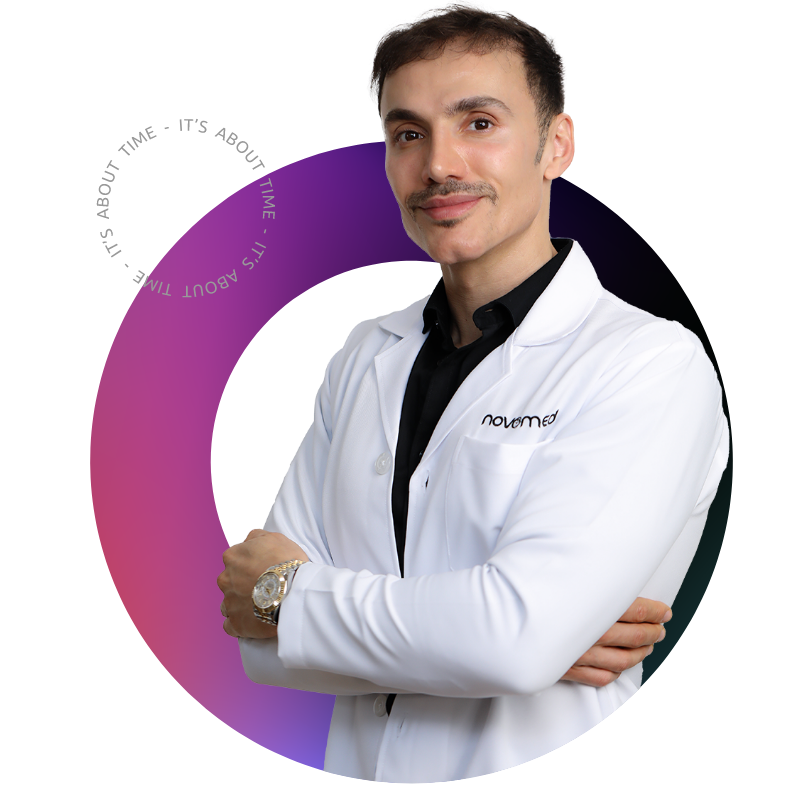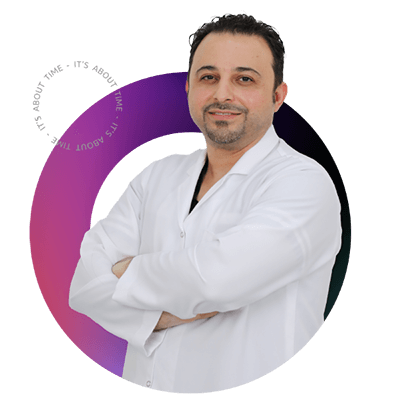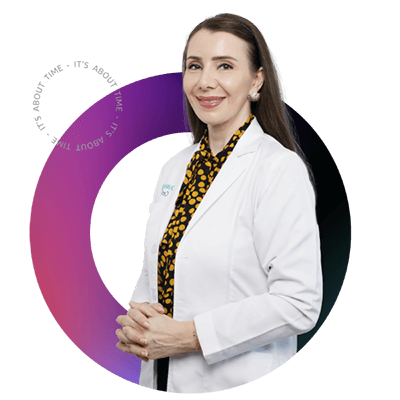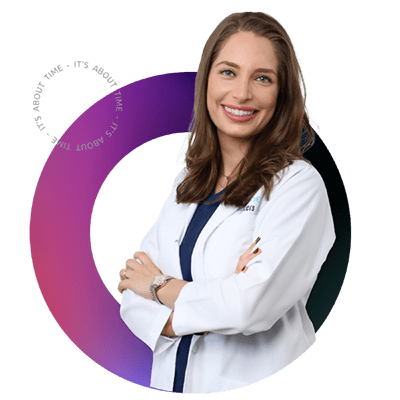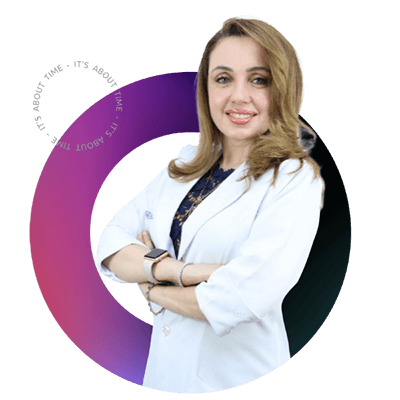Skin Cancer Screenings in Dubai, Abu Dhabi and Al Ain
Skin cancer screening session:
According to the Centers for Disease Control and Prevention, the majority of skin cancer cases are caused due to overexposure to the ultraviolet rays of light from the sun and tanning beds. The ultraviolet light radiates invisible rays that penetrate through the individual’s skin and damages the cells.
The American Academy of Dermatology Association classifies skin cancer screening sessions as a visual inspection of the patient’s skin by a medical professional such as a dermatologist. The screening includes a full check-up of the skin for birthmarks, moles as well as other marks that are unusual in shape, color, texture, and size. Also, there are no blood tests carried out during the process.
Some of the most common types of skin cancer are as follows:
- Squamous cell carcinoma (SCC).
- Basal cell carcinoma (BCC).
- Melanoma.
Through early detection and a conducive treatment plan, the success rate of being cured for SCC and BCC is approximately 95% and melanoma also has a high curability rate if it is detected early before it has the chance to spread.
Why are screenings necessary?
The Skin Cancer Foundation recommends an annual visit to the dermatologist and if you happen to be categorized in a higher risk bracket, then more visits are advised accordingly. This is in line with their strategy and efforts to help detect cancer as early as possible. The earlier, the better – As this is crucial to pursuing the most minimal and cost-effective treatment plan with the highest chance for a full recovery.
A screening session can help detect cancer in the early stages. During this particular time frame, it is easier to treat and more likely to be cured fully. The session is not used to diagnose cancer, instead, the purpose of the screening is to look for signs of cancer on the individual’s skin. If cancer is suspected, then the healthcare provider will suggest a biopsy. The biopsy will help determine if you have cancer or not.
It is highly recommended to attend a screening if you have one or more of the following risk factors:
- History of skin cancer in your family or yourself.
- A lot of moles or birthmarks.
- Regularly suffer from sunburns.
- Overexposure to the sun or tanning beds.
- A light skin tone.
- Blue or green colored eyes.
- If you have skin that freckles or burns easily.
- Red or blond hair.
The signs can differ depending on the type of cancer, but some of the common signs include the following
- A mole or any other mark that becomes crusty, bleeds, secretes, or has an irregular border.
- If you have a sore that does not heal within 2 weeks.
- A noticeable change in a spot on your skin or a mole.
- Experiencing pain or discomfort when a mole is touched.
- A bump that is either translucent, red, pink, or pearly white.
What can I expect during the session?
You can expect the following during the screening session:
- It will take about 10 to 15 minutes for a complete screening.
- You will be asked to change into a gown for ease of inspection.
- The dermatologist will examine your full body. This is vital as cancer can be found in any region of your skin. Including and not limited to your scalp, soles of your feet, space between your toes, back, fingers, hands, legs, etc.
- A specific type of magnifying glass is used to further inspect certain moles and marks.
Are there any preparations required?
It is best to ask your healthcare provider if any particular preparation is required for your case. However, the usual requirements include:
- No nail polish.
- No makeup.
- Your hair should be loose.
Does the process involve any risks?
The screening itself does not pose any direct risks. But, according to the National Cancer Institute, there is an indication that visual exams that are carried out on asymptomatic people can lead to adverse consequences. Such as – Overdiagnosis, misdiagnosis of a benign lesion, or the psychological impact of being informed about potentially having cancer.
This is why we advise people to book their screening with a highly experienced and skilled dermatologist that has the capabilities to provide you with the most accurate information possible.
What happens after I receive the results?
In the case that you happen to have a suspicious-looking mark or mole on your body, then your dermatologist will most likely request you to come in for a biopsy. After which, the healthcare provider will be able to provide you with an official diagnosis.
During the biopsy, a very small amount of skin is removed from the patient so that it can be tested and inspected for any cancer cells. If cancer is detected then your treatment will commence as soon as possible to help prevent it from spreading further and hopefully treat it to the point of full recovery.
Additional information:
- Prevention is always better than cure. So it would be beneficial to keep the following in mind:
- Seek shade and limit your exposure to the sun to help decrease the risk of developing cancer in your skin.
- When it is extremely sunny outside, put a hat on and wear your sunglasses.
- Ensure that you use a sunscreen lotion that has a sun protection factor of a minimum of 30.
- Avoid natural sunbathing, tanning beds, and sunlamps.
Schedule your appointment at Novomed today!
If you still have any queries relating to factors that can minimize your risk level, then please do reach out to us online and chat with us today. Alternatively, we can also directly connect you with one of our skin experts or book you in for a screening at your earliest convenience.
To book a consultation with one of our expert dermatologists in Dubai, call us at 8006686, fill out the booking form or click the live chat icon at the bottom of the screen.
